I'm buying a hybrid instead of an EV for my next car — here's why
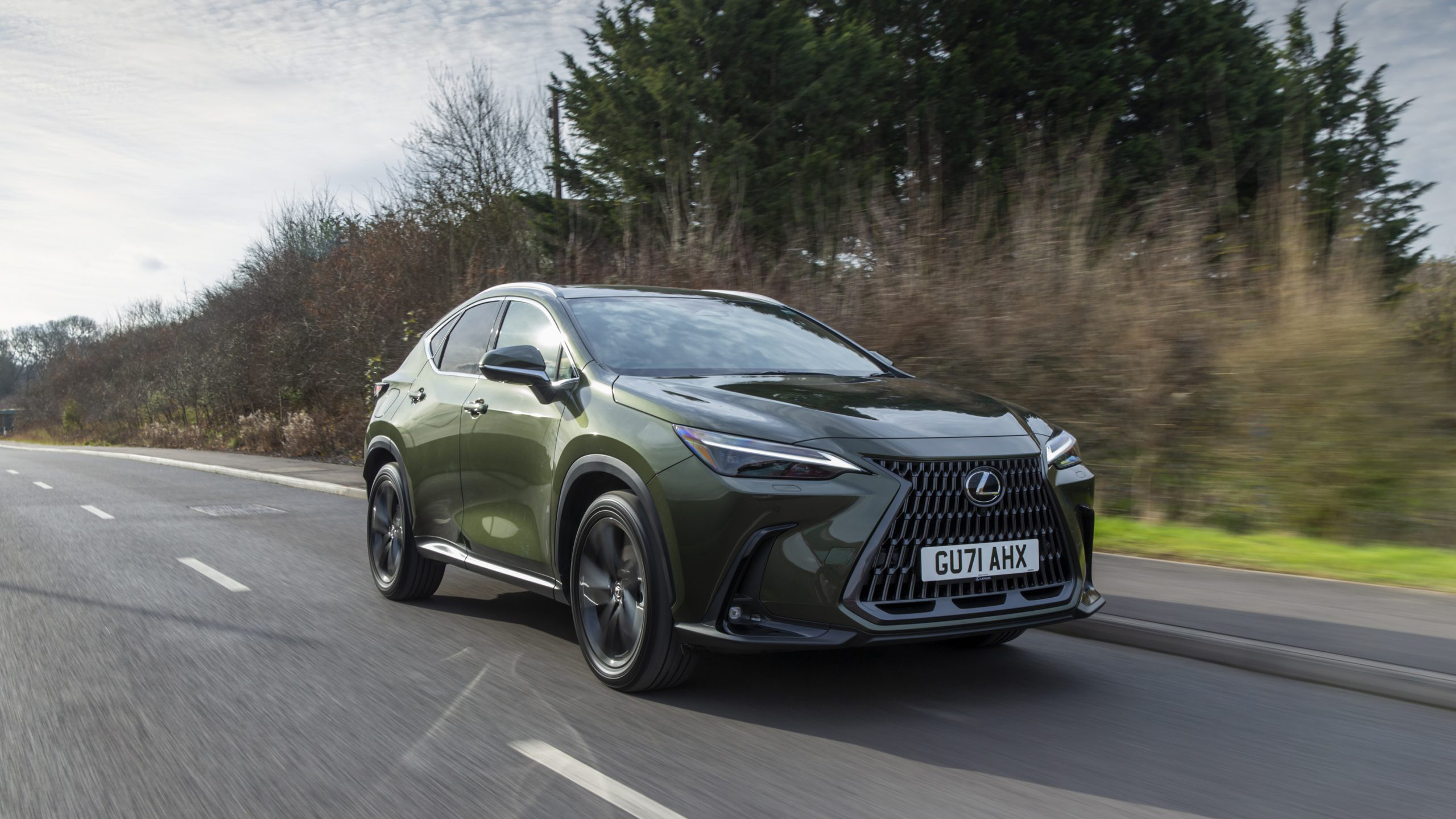
I had planned for my next car to be an all-electric model. But, after years of driving a gasoline-powered ride my move to an EV, like everything else in these troubled times, is looking a little less certain. A combination of rising gasoline and electricity prices means I don’t feel as though I can choose one side or the other.
In short, a compromise needs to be reached. I already ruled out a regular hybrid, which has no plug-in capabilities and means you don't get any of the same benefits as an electric vehicle. But after driving the Lexus NX 450h+ plug-in hybrid for a week, I’m starting to see the appeal of a plug-in hybrid (PHEV) — and the ability to switch between electric power and internal combustion in a single set of wheels.
The luxury SUV can do over 40 miles on battery power alone. That makes it perfect for short drives around town, while the smaller battery means charging is quick and easy.
Longer runs can be achieved in comfort, and without stress, thanks to the super smooth 2.5-litre gasoline engine. The way I see it, this is the best of both worlds. And, by using the car strategically and initiating those short charging sessions at cheaper times of the day, I may even be able to save some money on running costs.
So if the price of gasoline is getting too much for you, and you’ve considered going fully electric, be sure not to discount a PHEV simply because it sits in the middle ground.
There’s loads of choice if you want a PHEV
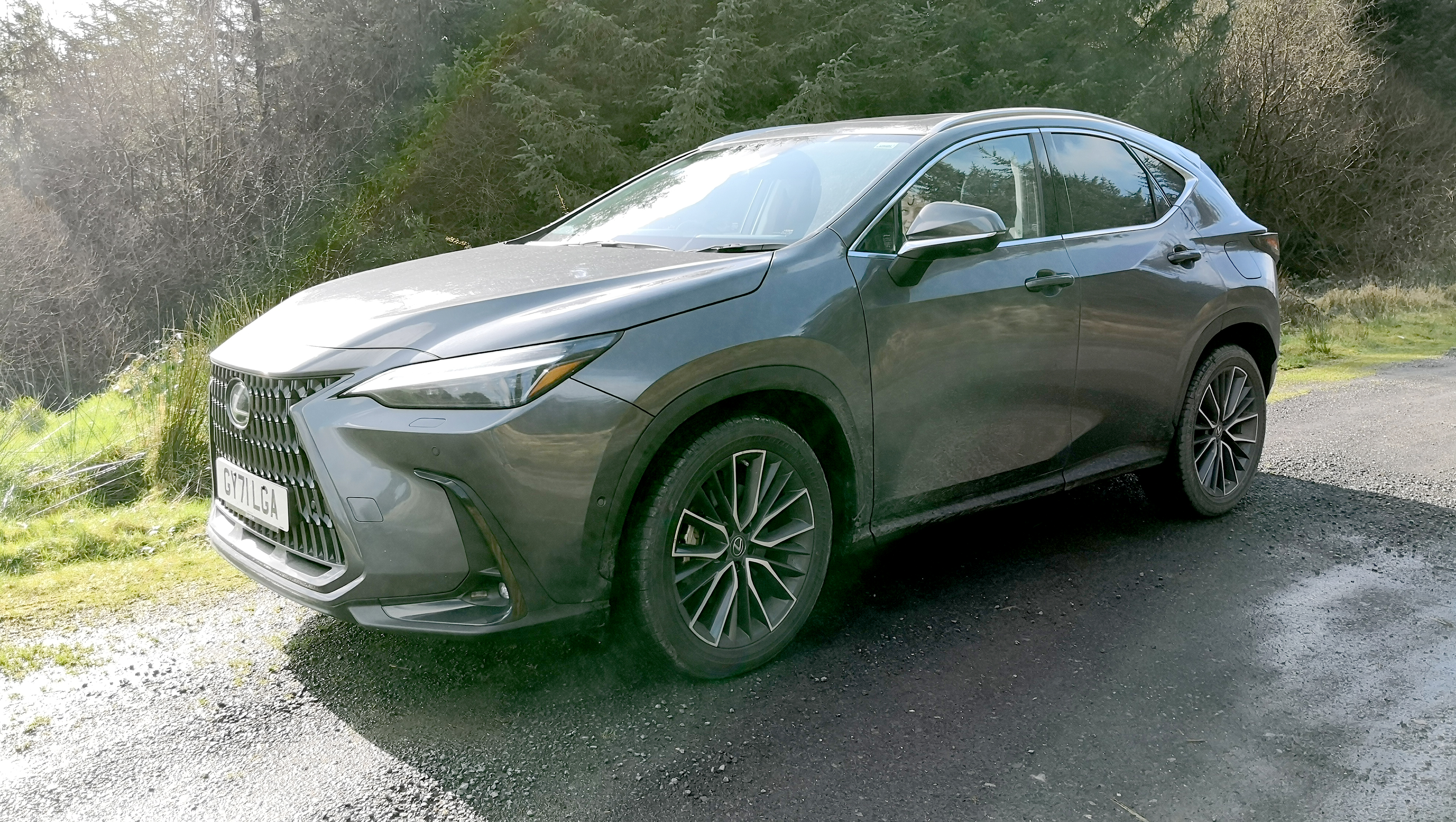
The Lexus NX 450h+ plug-in hybrid is a mid-sized SUV, so it’s well suited to family use. There’s space, comfort and lots of tech. However, if you’re looking for a plug-in hybrid there are options in every model class. In fact, compared to battery electric cars, there are significantly more hybrid options available
The BMW 330e is great, for example, if you love the endless appeal of the 3-series but want to enjoy the benefits of PHEV motoring. For those interested in beefier Germanic motoring, the BMW X5 xDrive45e delivers a similar experience to that of the Lexus.
Get instant access to breaking news, the hottest reviews, great deals and helpful tips.
But it’s possible to pick a PHEV to suit any kind of need. Audi’s A7 55 TSFI e Quattro Plug-In Hybrid is a solid choice sedan offering space and luxury, while Toyota’s RAV4 is a fun and funky option too. Hyundai’s Sante Fe plug-in hybrid or Kia’s Niro Plug-in hybrid both tick the right boxes for people after value for money.
Even the likes of Jeep, whose first EV isn’t due until sometime in 2023, has PHEV options at your disposal with the likes of Wrangler or Cherokee. Even Bentley, one of the kings of premium motoring, offers a Bentayga Hybrid if your wallet can handle it.
Charging is easier, and performance is top notch
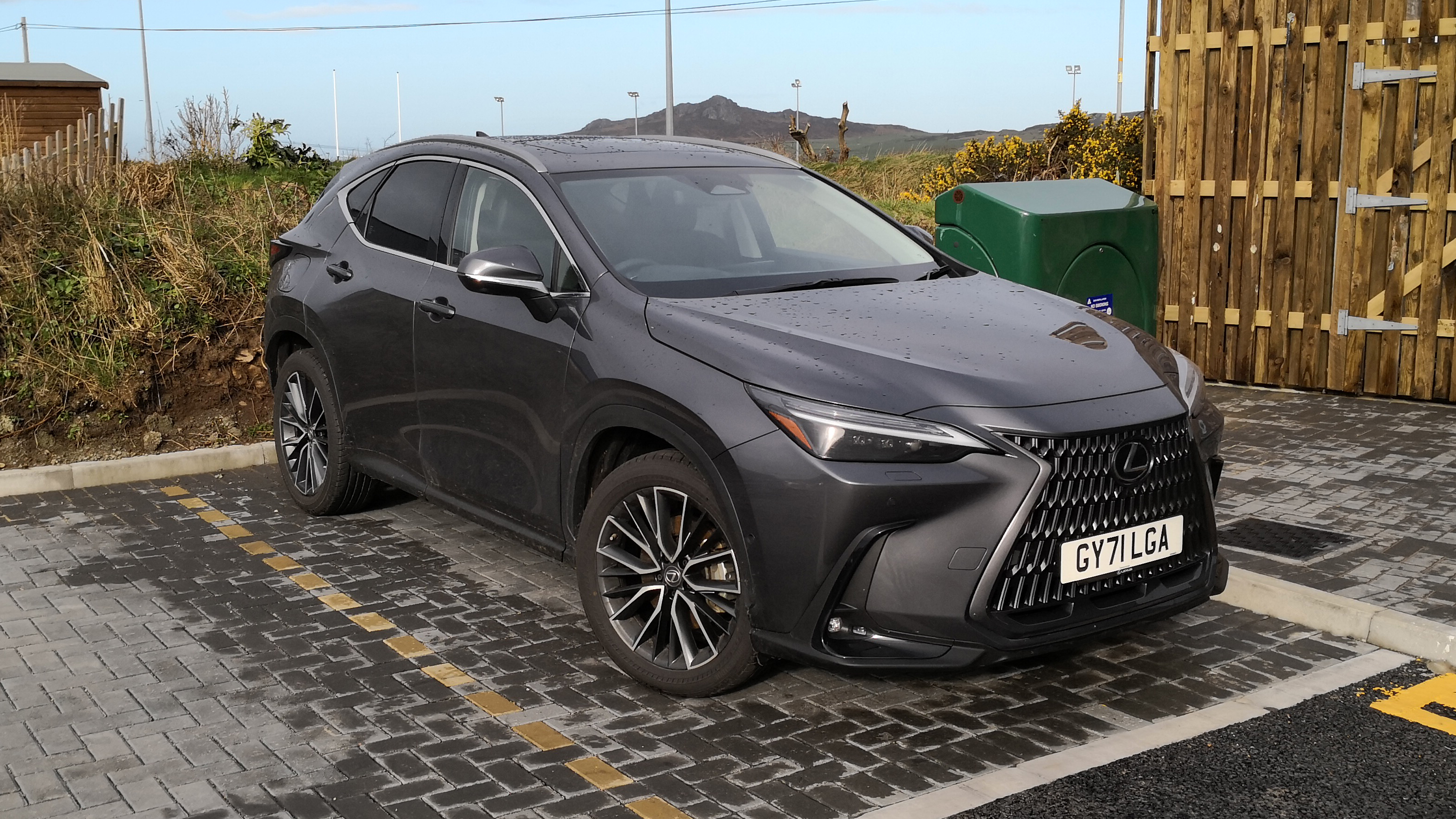
The great thing about a plug-in hybrid is just that, you can plug it in at home and charge the battery overnight. That might mean cheaper charging, depending on your electricity provider, and is certainly more convenient than having to plug in a much larger EV battery. Particularly if installing a home charger isn’t an option for you.
That said, Lexus recommends having a home wall box installed. With access to the dedicated EV charging port, fully charging the NX 450h+ takes a very reasonable 2 hours and 45 minutes.
Lexus also claims you can squeeze around about 42 miles out of the battery in a worst case scenario, and up to 55 miles in urban situations. Daily trips into town, or running errands mean all-electric usage makes perfect sense. I also found the car to be enthusiastic in the performance department when driving on electric power alone. The Lexus will reach in excess of 80 mph if the need arises, and all without having to burn a drop of gasoline.
In fact, the Lexus proved to be sprightlier than I’d been expecting. The 18.1kWh lithium-ion battery is quite beefy, while the plug-in setup means you still get 302bhp. This is most noticeable when you put your foot down, with Lexus figures stating that 0-62 mph arrives in just over six seconds. Not bad for a heavyweight SUV.
There’s more potential for squeezing the best and most efficient level of motoring from the Lexus too. The guy who dropped the car off pointed out the ability to switch the EV mode, letting you decide if you want to drive on battery power alone, or use the engine to help restore battery power on longer trips.
The main thing to ensure the best money-saving return, though, is to get in the habit of recharging regularly — as is the way with any PHEV.
Hybrids have no range anxiety concerns
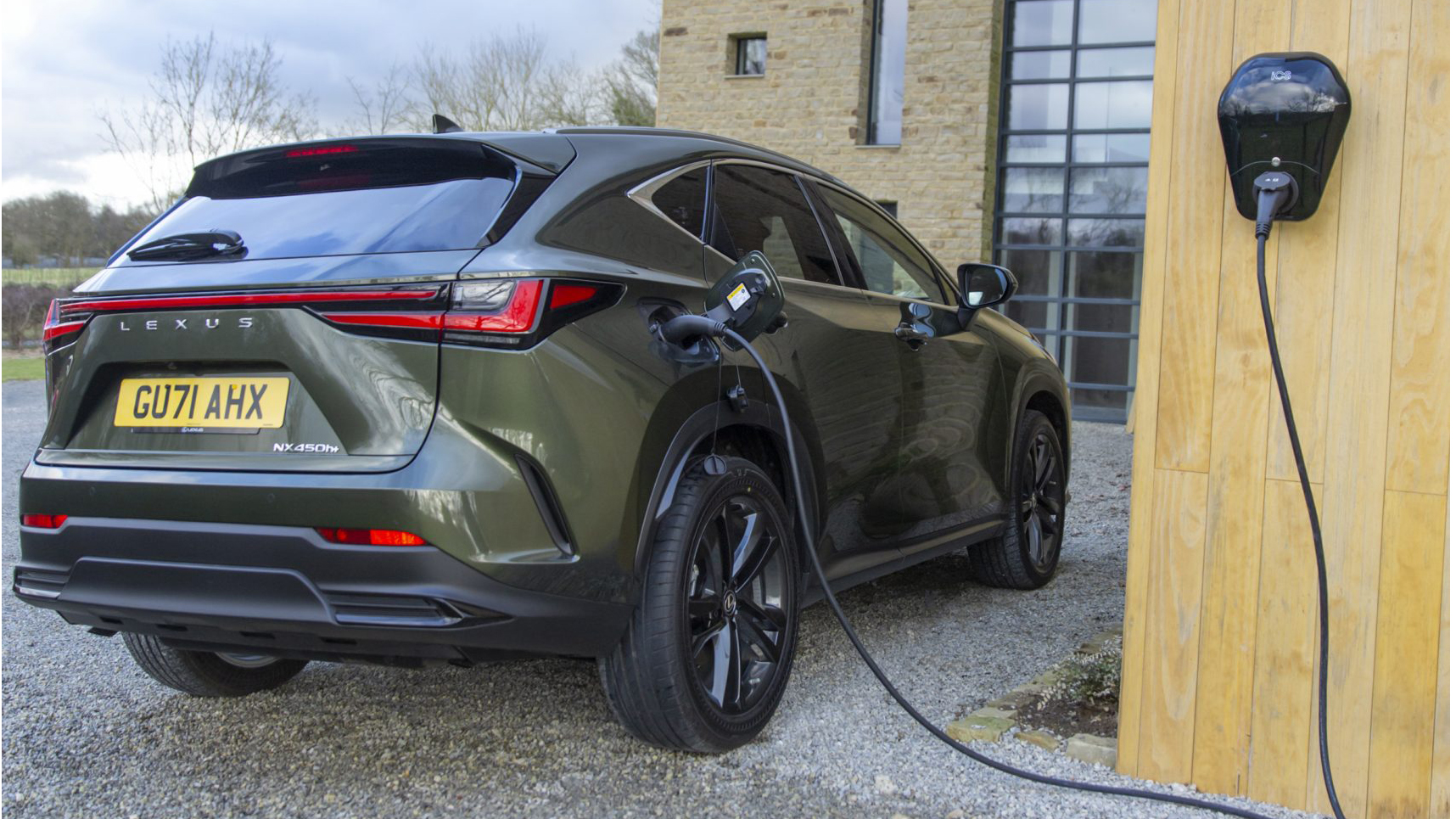
Another distinct benefit of driving a plug-in hybrid is there’s no range anxiety, no matter which way you look at things. There are plenty of people out there that would argue that range anxiety is a non-issue, but I’ve had enough stress-filled journeys in pure EVs to know it can be a problem.
Therefore, having the backup of a petrol engine is a big deal, because if you need to go on a longer run you just jump in and drive. Driven carefully, the Lexus NX 450h+ has the potential to go over 300 miles if you exploit both the full gas and electric potential.
So while electrical power is perfect for all the short journeys you might do around your local area, you can still make the longer trips without having to stop and wait to recharge along the way.
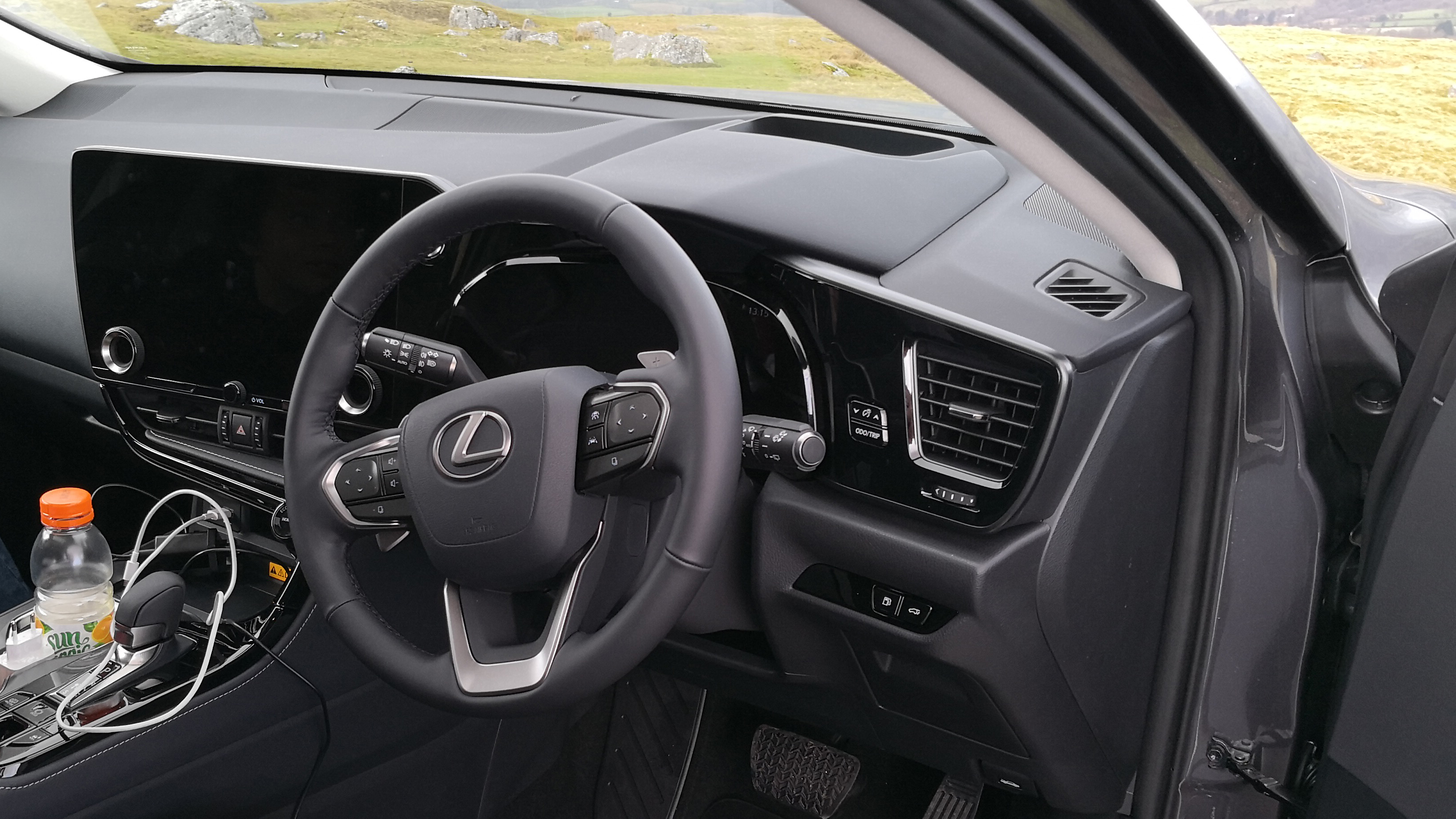
Whichever way you look at it, the ability to utilize electric power somewhere along the way can save you precious dollars. Whether you use up that power getting yourself onto the highway, or save it to get yourself around when you actually reach your destination. Alternatively you could also mix and match, because the key takeaway here is that the driver gets to choose.
And that gives you an advantage when it comes to refuelling. The gas tank, as any driver will know, only takes a few minutes to refill, plus the Lexus’s battery is small enough that it doesn’t take an age to recharge. That’s especially useful if you find yourself heading somewhere with a free charger, like the supermarket.
Hybrids can offer a money-saving special
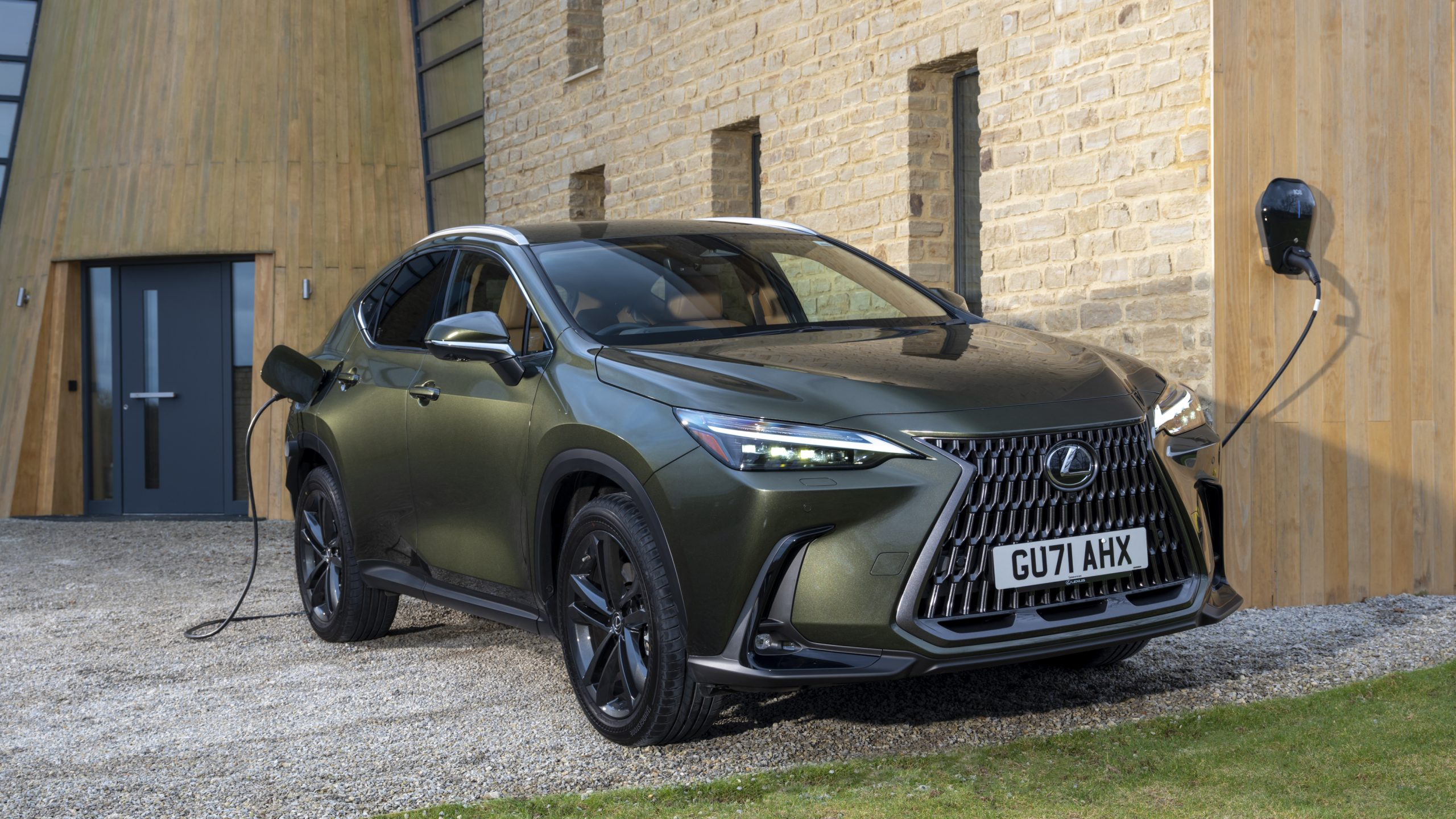
With energy prices skyrocketing, and with no sign of slowing down anytime soon, not spending money unnecessarily seems very sensible right now. The plug-in hybrid definitely proves to be a good choice over a traditional model, particularly since the plug-in models have the ability to drive while only using electric power.
Not only does this help you lower your personal emissions, which is a benefit from an environmental standpoint, it also means lower running costs. Energy prices may be spiking, but electrical power is still cheaper than the equivalent amount of gas. Even the U.S. Department of Energy says so.
A plug-in hybrid may still have a gas tank, but the fact you're not beholden to it means you’re in a much better position than if you had a regular car.
Plus the fact hybrids have lower CO2 emissions means there’ll be less to pay when tax season comes around. Here in the U.K. you would find yourself paying less vehicle tax with a hybrid, while driving one for business purposes could offer further savings. The BIK (Benefit In Kind) rate, for example, shaves money off running costs for company car owners with CO2 emissions of 20g/km, amounting to a 7% BIK rate in the case of the Lexus.
Likewise in the U.S., just like fully electric vehicles, plug-in hybrids are eligible for the federal income tax credit. In some cases, like that of the Lexus NX 450h+, you can claim the full $7,500 back when the IRS comes calling. Though how much you can claim is all dependent on the car’s battery specs.
Bottom line
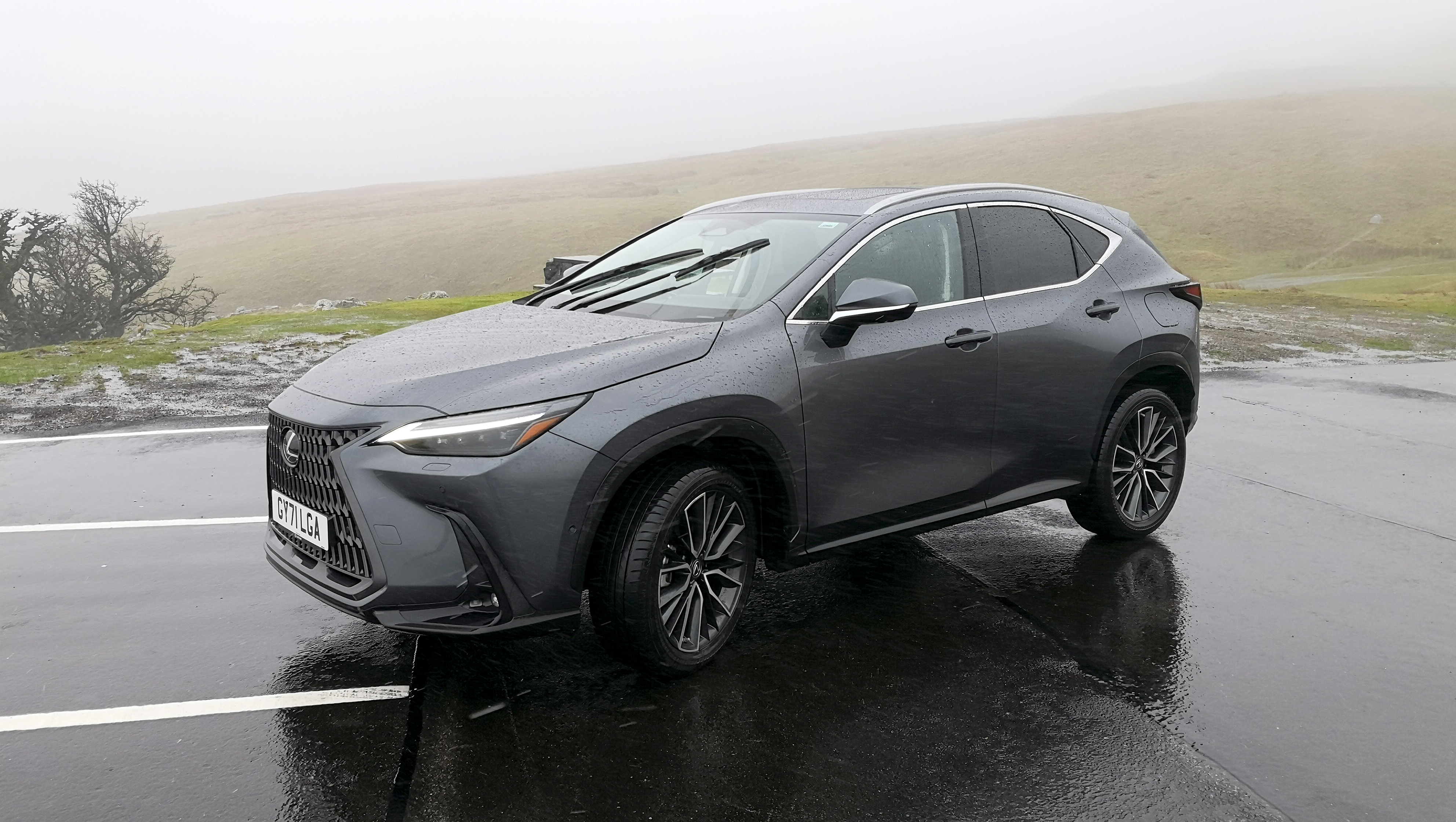
Choosing those charge times carefully and exploiting the versatile potential of the PHEV's battery and petrol engine combination can help you save cash. And, with fuel and energy prices on the rise, it pays to do everything you can to drive smarter.
Fully-electric cars do have some benefits that even a plug-in hybrid can’t offer, like the lower cost of routine maintenance. But you’re also beholden to the whims of charging infrastructure and longer recharge times — especially on longer trips. And that’s why I’m going to hold onto gasoline for a little bit longer, and getting myself a PHEV.
So if you’re in the market for a family-flavoured SUV but, don't fancy something like the Audi Q5, BMW X3 or a Mercedes-Benz GLC say, then the super-smart Lexus NX 450h+ could be an ideal alternative.

Rob is a London-based freelance tech journalist covering EVs and car tech for Tom's Guide. He has worked at Microsoft and written for numerous tech sites including TechRadar, Gizmodo, ShortList and Fit&Well. When he's not working, he can usually be found out and about on one of his numerous ebikes.
 Club Benefits
Club Benefits





